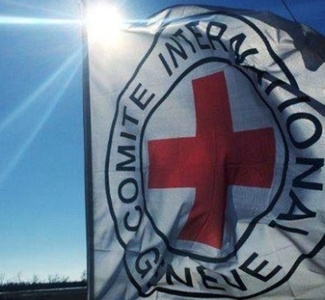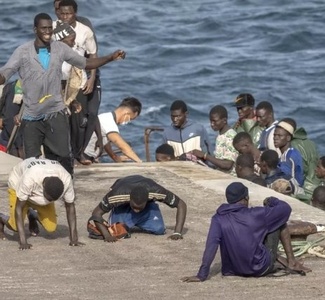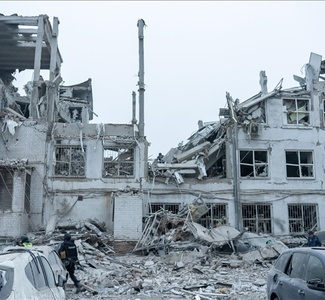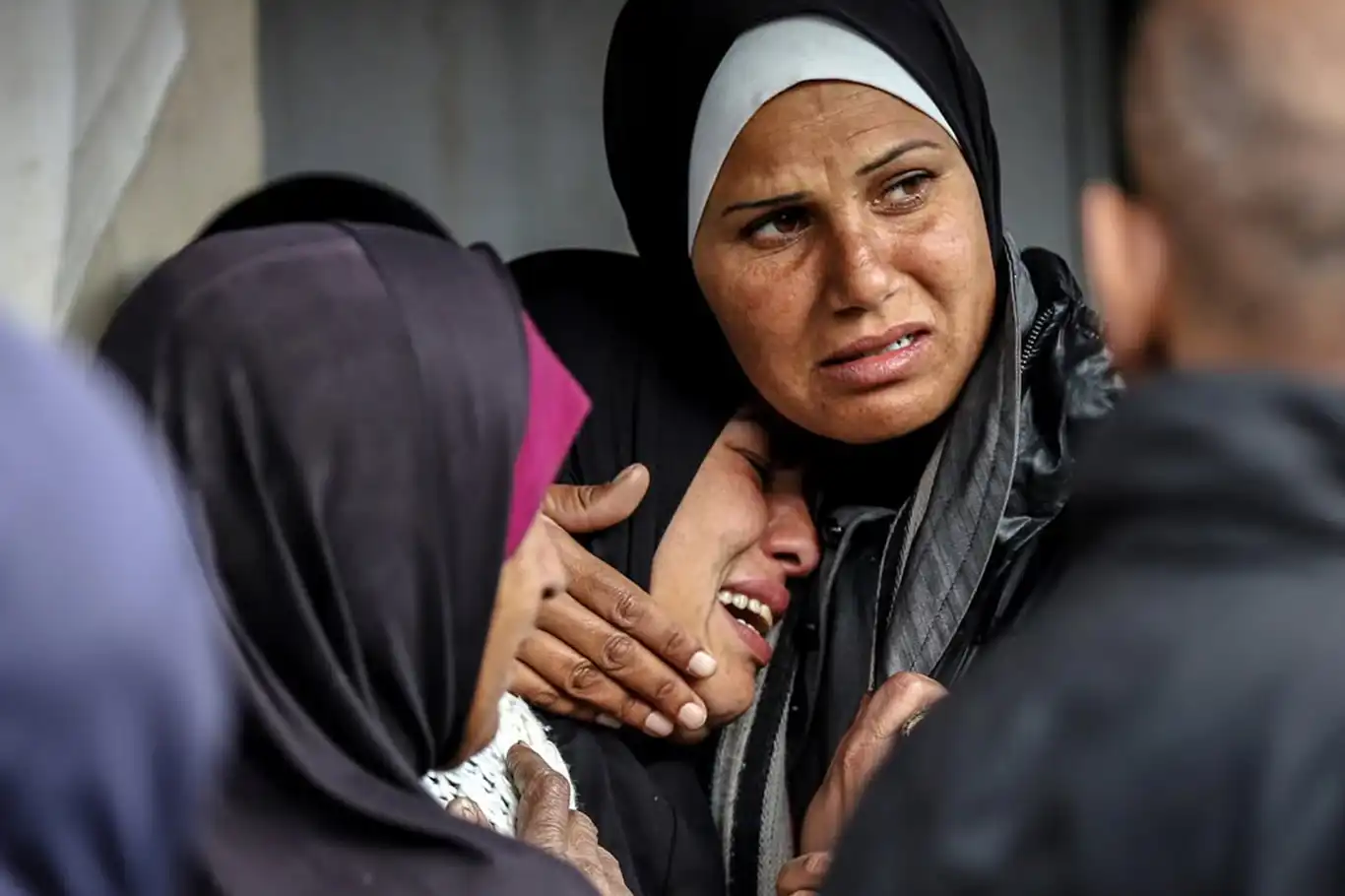Bangladesh faces escalating dengue crisis with 18 new deaths reported
Bangladesh's public health concerns have deepened as health officials recorded an additional 18 fatalities linked to mosquito-borne dengue fever on Monday.

 Google News'te Doğruhaber'e abone olun.
Google News'te Doğruhaber'e abone olun. In the past 24 hours, the death toll surged to 416, with the capital city of Dhaka accounting for 318 of these casualties, according to data from the Directorate General of Health Services (DGHS).
The overall count of dengue cases has climbed to 87,891 since the beginning of this year. Among these cases, 43,665 have been reported in Dhaka, as outlined in DGHS statistics.
Last year, the country witnessed a grim milestone when 281 individuals succumbed to dengue, marking the second-highest death toll since records began in 2000.
Despite efforts, public health experts remain wary of any immediate alleviation in the dengue situation. The month of July this year has seen an alarming eightfold increase in dengue cases when compared to the same period in the previous year.
Echoing concerns, the World Health Organization (WHO) officially categorized Bangladesh's dengue situation as endemic and advised prompt actions, including heightened entomological surveillance.
The escalating dengue crisis serves as a stark reminder of the urgent need for comprehensive and swift measures to control the spread of the disease and protect public health.
Dengue fever is a mosquito-borne viral infection that can cause a wide range of symptoms, from mild flu-like illness to severe and potentially life-threatening conditions.
The disease is caused by the dengue virus, which is primarily transmitted to humans through the bites of infected Aedes mosquitoes, particularly Aedes aegypti and Aedes albopictus.
The symptoms of dengue fever can vary from mild to severe and typically appear 4 to 10 days after being bitten by an infected mosquito. Common symptoms include high fever, severe headache, pain behind the eyes, joint and muscle pain, rash, and mild bleeding, such as nosebleeds or gum bleeding.
In some cases, dengue fever can progress to more severe forms known as dengue hemorrhagic fever (DHF) and dengue shock syndrome (DSS). These conditions involve more pronounced bleeding, severe abdominal pain, vomiting, rapid breathing, and a drop in blood pressure. DHF and DSS can be life-threatening and require immediate medical attention.
Aedes mosquitoes, which are often found in urban and semi-urban areas, are the primary vectors responsible for transmitting the dengue virus. The virus can also be transmitted through blood transfusions, organ transplants, or from an infected mother to her baby during childbirth.
Dengue fever is prevalent in tropical and subtropical regions around the world. It is especially common in Southeast Asia, the Pacific Islands, parts of Africa, the Caribbean, and Central and South America.
Preventing mosquito bites is crucial to avoiding dengue fever. This can be achieved by using insect repellents, wearing protective clothing, and using mosquito nets. Eliminating mosquito breeding sites, such as stagnant water in containers, can also help reduce mosquito populations.
There is no specific antiviral treatment for dengue fever. Supportive care, including staying hydrated and managing symptoms, is typically recommended. Severe cases may require hospitalization for close monitoring and medical intervention.
As of my last knowledge update in September 2021, there is a vaccine called Dengvaxia that provides partial protection against dengue. It is approved for use in certain countries, but its availability and recommendations may vary.
It's important to note that dengue fever is a significant public health concern in many countries, and efforts to control the mosquito populations and raise awareness about prevention are essential to reducing the impact of the disease. (ILKHA)



















































